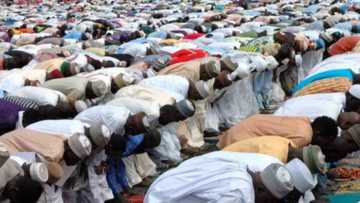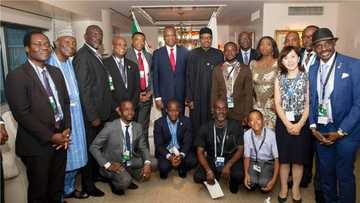History of Fulani Herdsmen in Nigeria and today's crisis
What do you know about the history of Fulani Herdsmen in Nigeria? Fulani (Fula) are nomadic people. Fulbe are inhabited in many countries of Western Africa, but most of them are concentrated in the North of Nigeria and Senegal.
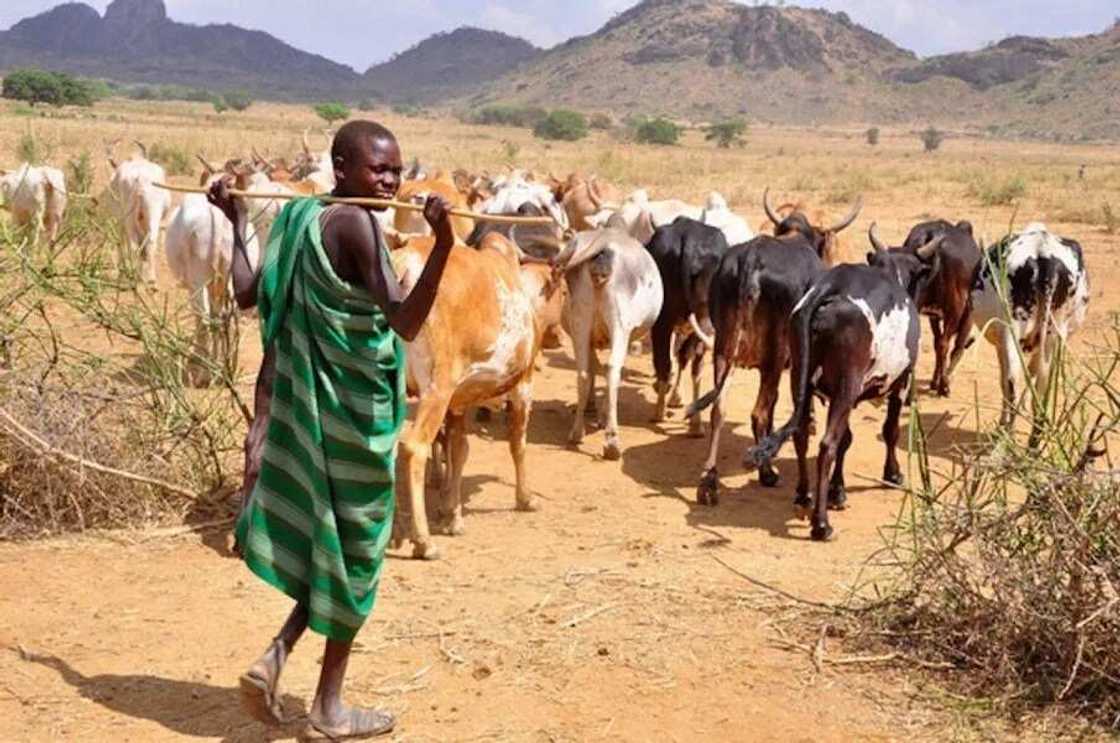
Fulani (Fulbe, Fula) are nomadic people. Fulbe are inhabited in many countries of Western Africa, but most of them are concentrated in the North of Nigeria and Senegal.
Facts from the history of Fulani herdsmen in Nigeria
In the ancient Arabic writings, Fula people were mentioned too. Anthropologists say that the origin of Fula is connected with Egypt. The others call them as gypsies descendants or sons of Roman legionaries lost in Sahara. Some even hypothesize that Fulani is one of the Israel tribes.
Legends of Islamization time suggest that Arabs, in order to convert the local pagans to Islam, married their women. Other experts believe that Fula originated from the region of present Northern Senegal.
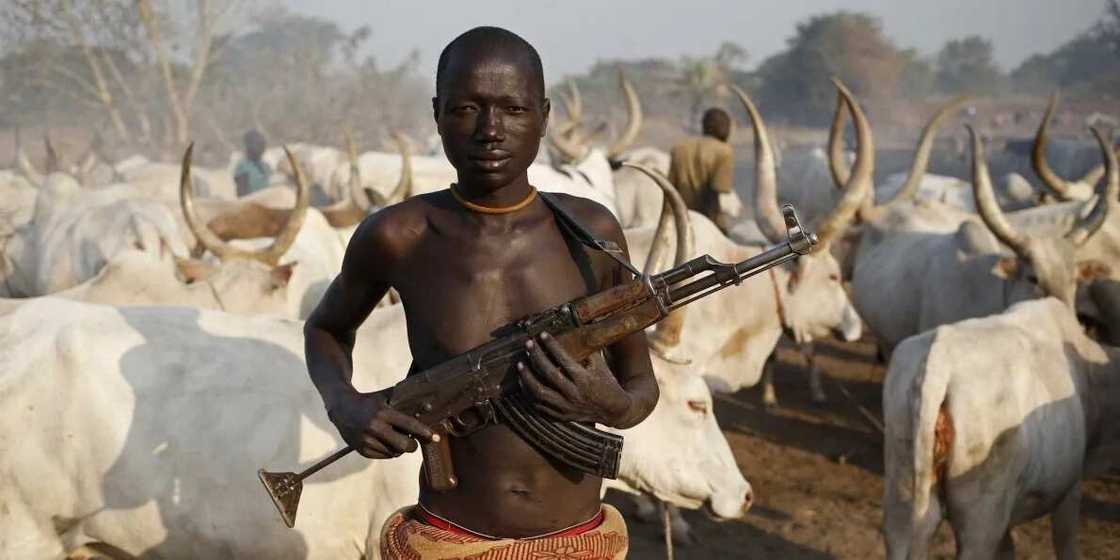
Gradually, a century after the century they migrated with their herds in the West Africa savannas occupying new territories. They mingled with Berbers of Northen Africa and other nomadic Sahara tribes. Then Fula was divided into a large number of groups with different names, including Fulbe, Gourma, Fellata, Fula, Bororos, Voda, Peul, Pular. But all of them are distinguished by a noble appearance, proud posture and a lighter skin.
Fulani had a very developed culture. Fulbe created thousands of legends and fairy tales, invented hundreds of proverbs and sayings. They speak rich and imaginative Fula language.
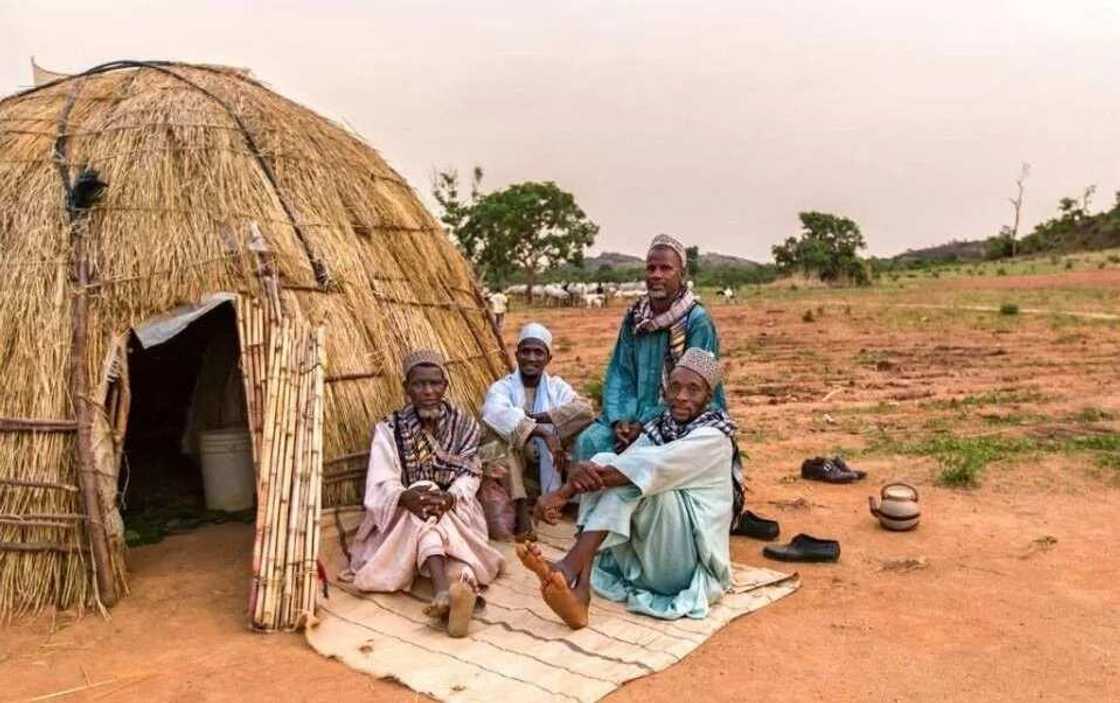
The mysterious Holy Book is written in the Fula language. It’s also called Pharaohs Book or Egyptian magicians. The existence of this script has led researchers to the idea that in ancient times a homogeneous population lived in North-Eastern Africa. Scientists call it Mediterranean contact race. Fulbe people are representatives of this race.
Capturing vast territories, Fulbe managed to create powerful states that even Europeans tried not to touch them for many centuries. Such position of Fulbe can be explained both by the genetic predisposition to the development and privileged economic situation. Fula proverbs say: "Cattle surpasses everything, it’s even more important than father and mother", "If cattle die, then Fulbe dies ".
Since the XI century, most Fulani people are Sunni Muslims and have long been active propagators of Islam among neighboring people. Fulani are considered "true children of Allah" and are very strict in adherence to rituals. Islam helped them to unite.
During Islamization the territory of Fulbe empire - At the end of the XIX century, Sokoto was captured by Great Britain. It became a part of the English colony Nigeria. Thus, a powerful empire created by Fulani died.
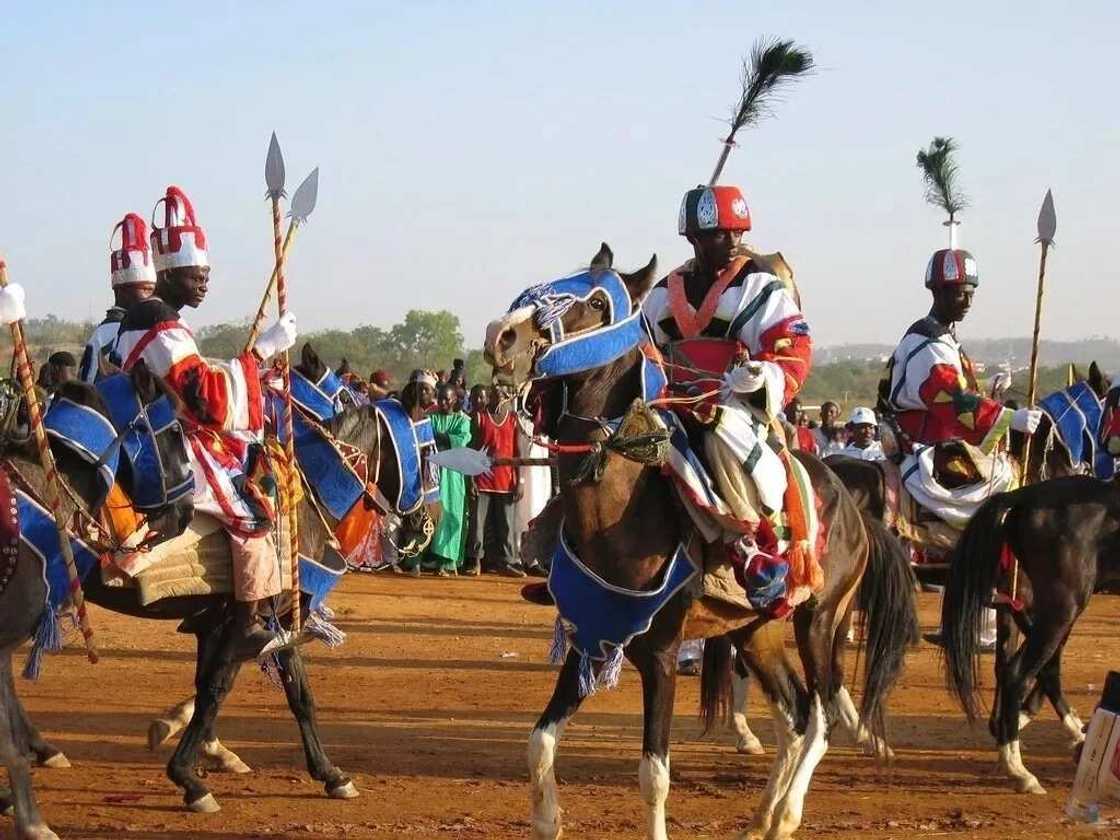
Today in the area of the former strong countries there is the greatest concentration of Fulani nation. Modern Fulani are divided into nomadic pastoralists, semi-nomadic, and sedentary. They began to engage in cattle breeding since the 13th-14th century. The settled Fulani are mixed with neighboring peoples. A lot of sedentary people are under the influence of the Hausa agricultural people. Some Fulani even speak their language.
The traditional culture was preserved mainly by Fulani-nomads. Formally, they are Muslims, but they preserved the customs of their ancestors. They are also divided into three groups, depending on the cattle they breed: cows Fulbe, sheep breeders, and goat breeders. The first are the main ones.
And what are activities of Fulani herdsmen in Nigeria at present? Fulani can handle animals. They exchange livestock products on agricultural products. Fulani-semi-nomads are famous as professional shepherds. They take farmers’ livestock for grazing in exchange for offspring and farming products.
In the past, the nomads have often come into conflict with local farmers. The clashes also continued in the last several years. Recently the nature of the attacks have changed. It is often contained in news reports that Fulani Herdsman now allegedly use firearms.
READ ALSO: 9 facts you did not know about herders-farmers conflict in Nigeria

Fulani Herdsmen attacks in Nigeria
In recent years the Fulani Herdsmen and farmers clash have become a real disaster for Nigeria. Quartz explains the Fulani move by climate change. As a result, the long droughts began. Then, desertification of previously rich pastures occurs. It caused the conflicts for pasture lands between the local villagers and pastoralists in the North of the country.
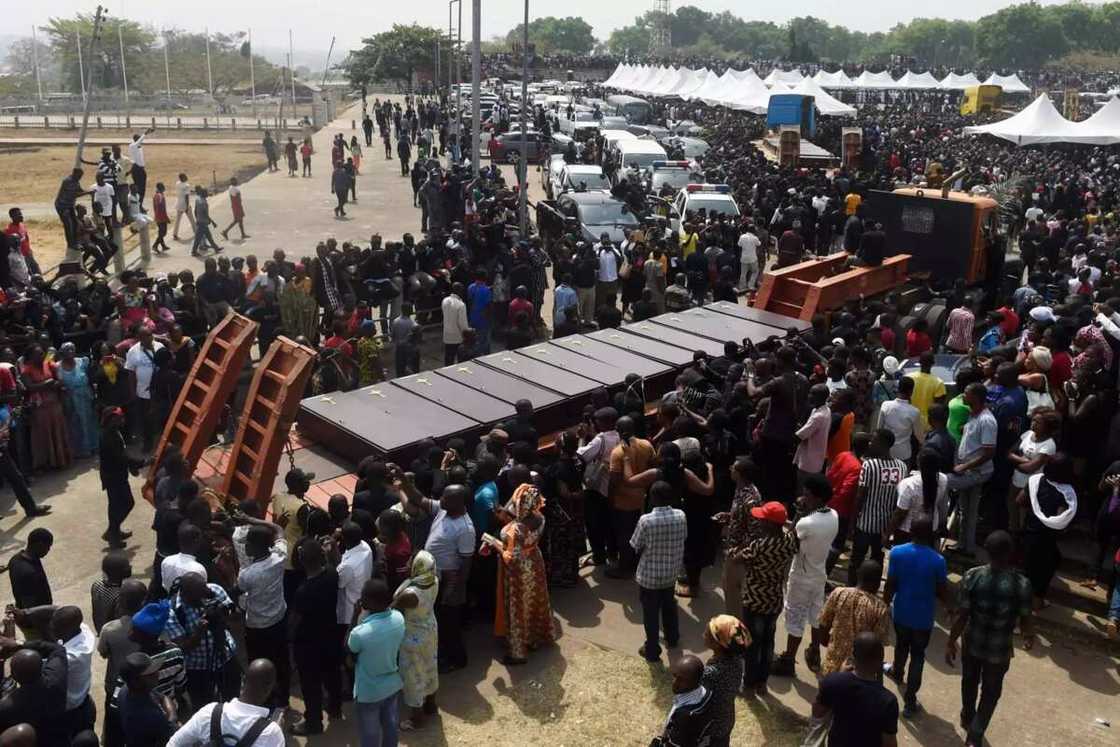
The clashes between Fulani herdsmen and farmers in Nigeria periodically erupt for several consecutive years and each time take dozens of human lives. The cause of the clashes is the lack of land that one side uses as arable land, the other for pastures.
In 2014, according to the Global Terrorism Index report, Fulani militants killed more than 1,200 people and then headed the list of the most fanatical terrorist groups in the region, according to the BBC. However, many notable persons in Nigeria have stated that these attacks were carried out not by Nigerian Fulani herdsmen but, by herdsmen from other parts Africa and the Middle-East.
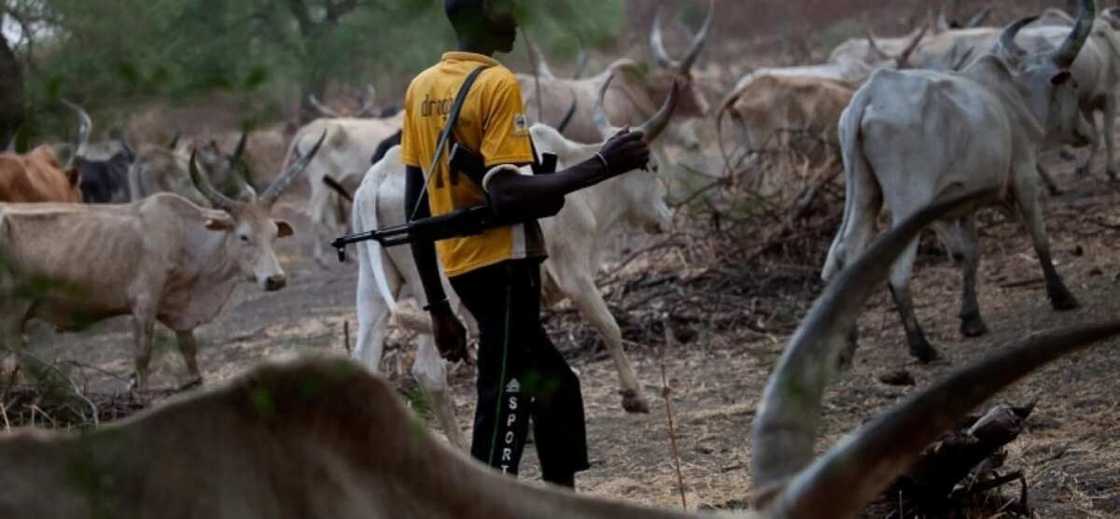
Fulani Herdsmen crisis in Nigeria
In Abuja, on February 9, 2018, the press service of the President told reporters that the Nigerian Government policy of some land transferring for pasture is not Fulani colonization. Nigerian Government sent troops to the central regions of the country to suppress insurgent groups and to stop clashes between farmers and Fulani herdsmen.
The troops will be deployed in the central states of Benue, Taraba, Kogi, Nasarawa, and Niger, as well as in the northwestern state of Kaduna from February 15 to March 31, 2018.
The declared goal of the military operation is to stop outbreaks of armed banditry, people, and livestock kidnapping, as well as clashes between farmers and Fulani herdsmen because of arable land and pastures.
We hope that soon the conflict will be resolved and the authorities will be able to restore order.
READ ALSO: Terrorism in Nigeria: Top 5 effects of terrorism on daily life
Source: Legit.ng




